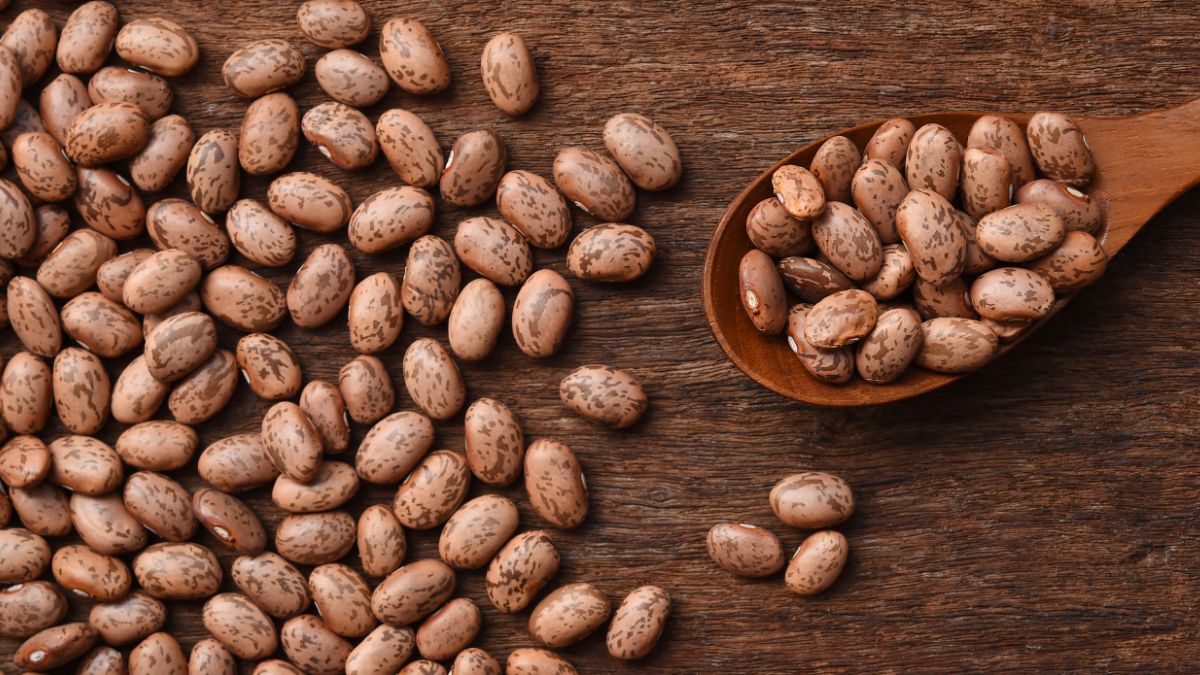Short Answer: Pinto beans are good for CKD in moderation. Because they have fiber, folate, iron, magnesium, and antioxidants, which can benefit your health, and protein, potassium, phosphorus, and sodium, which can harm your kidneys if consumed in excess.
CKD is a condition that affects your kidneys.
In CKD, your body cannot filter wastes and excess fluids from your blood properly.
This can lead to various health problems, such as high blood pressure, anemia, bone disease, and cardiovascular disease.
One of the key factors in managing CKD is diet.
What you consume can affect your electrolytes, minerals, and fluid balance, which can impact your CKD symptoms and overall health.
To effectively manage CKD, you should consume protein, potassium, phosphorus, and sodium in moderation, and avoid foods that are high in these nutrients.
You should also consume enough calories, vitamins, and antioxidants to prevent malnutrition and inflammation.
Some examples of foods that are good for CKD are fruits, vegetables, whole grains, lean meats, and low-fat dairy products.
Some examples of foods that are bad for CKD are processed foods, salty snacks, canned soups, cheese, nuts, and chocolate.
Now, pinto beans are a type of legume that are commonly eaten in Mexican and South American cuisines.
They are brownish-red in color and have a creamy texture when cooked.
People usually cook pinto beans from dried or canned beans, and use them in soups, stews, salads, or as a side dish.
They can also be mashed and refried to make dips or fillings for burritos and tacos.
Pinto beans are good for CKD because they contain fiber, folate, iron, magnesium, and antioxidants.
These nutrients can help lower cholesterol, blood pressure, and inflammation, and prevent anemia and oxidative stress.
However, pinto beans also contain moderate amounts of protein, potassium, phosphorus, and sodium, which can be harmful for CKD if consumed in excess.
Therefore, pinto beans should be eaten in moderation and with caution, depending on the stage and type of CKD.
One cup of cooked pinto beans can give you about 15 grams of protein (30% of your daily needs), 746 mg of potassium (16% of your daily needs), 245 mg of phosphorus (25% of your daily needs), and 407 mg of sodium (17% of your daily needs).
Fiber can help lower cholesterol and blood sugar levels, and prevent constipation and diverticulitis.
Folate can help make red blood cells and prevent birth defects.
Iron can help carry oxygen in the blood and prevent anemia.
Magnesium can help regulate blood pressure and nerve and muscle function.
Antioxidants can help protect the cells from damage and inflammation.
Protein can help build and repair tissues and muscles, but too much protein can strain the kidneys and increase the waste products in the blood.
Potassium can help maintain the fluid and acid-base balance, but too much potassium can cause irregular heartbeat and muscle weakness.
Phosphorus can help form bones and teeth, but too much phosphorus can cause bone loss and itching.
Sodium can help control the fluid and blood pressure, but too much sodium can cause swelling and hypertension.
Furthermore, pinto beans are a plant-based food and plant-based foods are good for CKD.
Because, they are lower in saturated fat and cholesterol than animal-based foods, and can help lower the risk of cardiovascular disease and kidney damage.
You can eat half a cup of cooked pinto beans per day safely.
More than that can cause hyperkalemia, hyperphosphatemia, or fluid overload, which can worsen your CKD and lead to serious complications.
Also, you shouldn’t eat pinto beans if you have high potassium or phosphorus levels, or if you are on dialysis, to prevent metabolic acidosis or vascular calcification.
Because, pinto beans are high in organic acids and phosphate additives, which can increase the acid and phosphorus load in your body.
You can buy fresh, dried, or canned pinto beans in your local market or online. Always choose organic, unsalted, and BPA-free varieties.
Because, they are safer and healthier for your kidneys and the environment.
You can store them in a cool, dry, and dark place for up to a year.
Read Next
Finally, remember, maintaining a healthy lifestyle, including a balanced diet, regular exercise, stress management and essential medical care is key to managing CKD effectively.
I always recommend my CKD patients to follow a CKD-friendly diet to improve their overall well-being, and enjoy a longer and healthier life.

